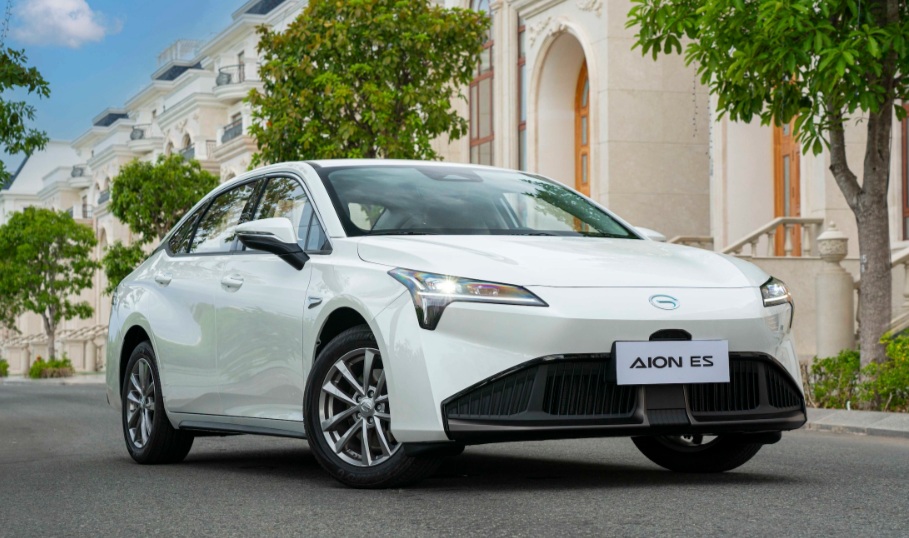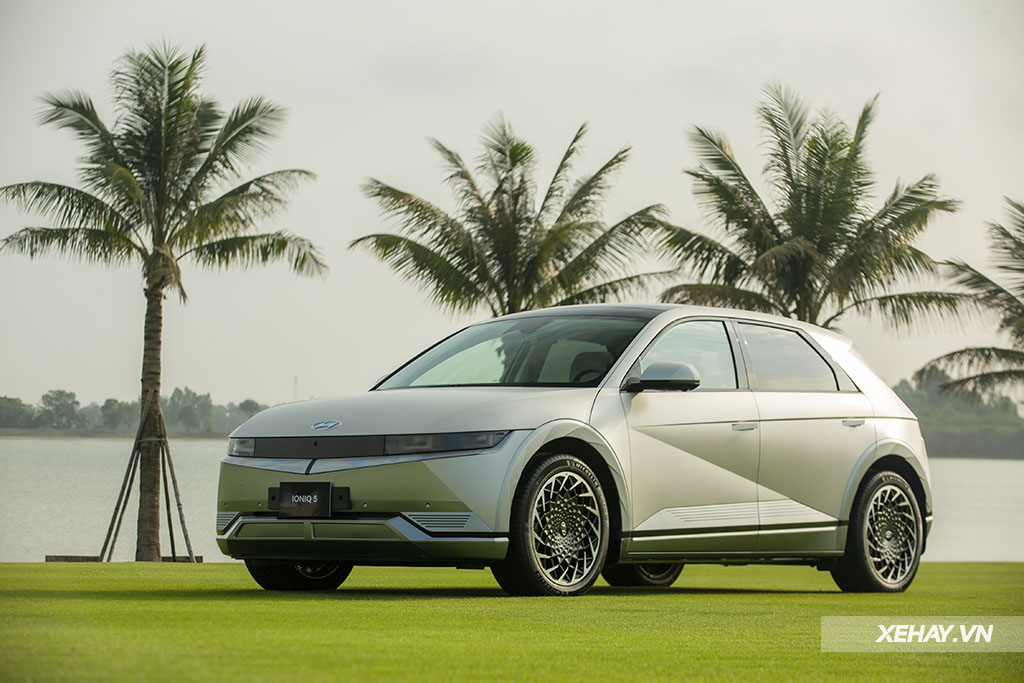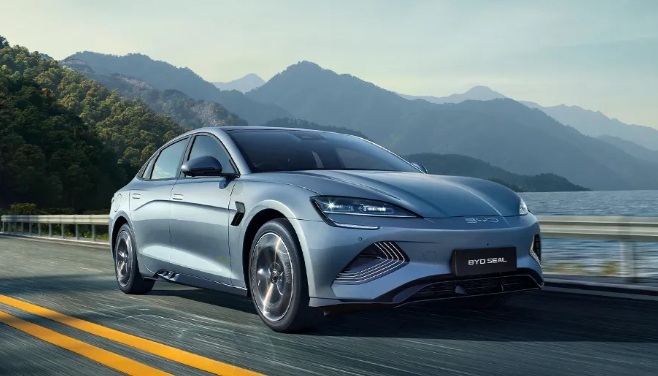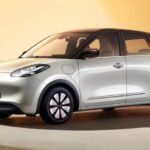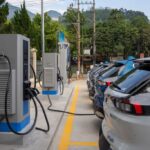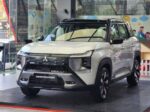The electric vehicle market in Vietnam is booming with government incentives and car manufacturer support.
However, owning and operating an electric vehicle is not always an economical choice for everyone.
Initial incentives: Reducing cost burden
The Vietnamese government has issued Decree 51/2025/ND-CP, extending the 100% exemption on registration fees for electric vehicles running on batteries until February 28, 2027. After this date, from March 1, 2027, to February 28, 2031, the registration fee will be 50% compared to gasoline and oil vehicles with the same number of seats.
For example, a VinFast VF 8 with a selling price of VND 1,057 billion will be exempt from approximately VND 127 million in registration fees if registered before March 1, 2027.
Operating costs: Saving money but not cheap
One of the most emphasized advantages of electric vehicles is their significantly lower operating costs compared to internal combustion engine vehicles. However, in reality, users still need to calculate carefully, as there are significant additional costs.
Specifically, in addition to the cost of charging electricity, which is cheaper than gasoline if charged at home, electric vehicle users also have to consider costs such as battery rental (for some models), periodic maintenance, parking fees at parking lots with charging support, or public charging at a higher cost. These factors make the total monthly operating cost not as low as many people expected.
It is estimated that the average operating cost of an electric vehicle per month can range from VND 3 to 6 million, depending on the model, charging infrastructure conditions, and usage frequency. This is still a saving compared to many gasoline models in the same segment, but not as “super cheap” as often advertised.
Who really benefits?
Although electric vehicles are becoming a popular trend in Vietnam, not everyone is suitable for taking advantage of the benefits that this type of vehicle brings. In reality, only a certain group of users truly benefit from the incentives and operating characteristics of electric vehicles.
First of all, those who buy a car during the registration fee exemption period (until February 28, 2027) are the most obvious beneficiaries, as they can save tens to hundreds of millions of VND in initial costs.
Next are residents living in modern urban areas, such as Vinhomes, where there is a developed charging infrastructure system. These individuals not only have infrastructure support but can also take advantage of exclusive benefits from the investor, such as free charging or parking.
Another important group is those who have the conditions to install charging stations at home, usually people living in private houses or apartments with charging infrastructure support. They are almost independent of public charging stations, which are still limited in many localities.
Finally, electric vehicles will be particularly suitable for users with a fixed daily commute and a reasonable distance, such as less than 50 km per day. In this case, users can maximize the energy-saving and operating cost reduction capabilities of electric vehicles.
On the other hand, those who frequently travel long distances, lack charging points, or live in areas without supporting infrastructure will have to consider carefully, as the initial cost savings may not be enough to offset the inconvenience during use.
Infrastructure and utility challenges
Despite enjoying many incentives in terms of taxes, fees, and usage costs, owning an electric vehicle in Vietnam still faces many challenges.
The biggest obstacle is the public charging infrastructure, which is still developing slowly, especially in areas outside major cities. Users in provinces or suburban areas often have difficulty accessing fast-charging systems, leading to inconveniences in daily use or when traveling long distances.
In addition, the charging time of electric vehicles, although significantly improved with fast-charging technology, is still much longer than filling up a traditional gasoline tank. This directly affects the flexibility and user experience, especially in situations where urgent movement is required.
Another equally important challenge is the resale value of electric vehicles. Although consumer trends are changing, the used car market still tends to prioritize gasoline models due to concerns about battery durability, the cost of replacing electrical components, and the ability to maintain electric vehicles outside of the official manufacturer’s network. This makes many people think carefully before choosing to buy an electric car, especially those who plan to change cars in a few years.
Electric cars are economical but not for everyone
Owning an electric vehicle in Vietnam today offers many cost benefits, especially with government incentives. However, to truly take advantage of these benefits, users need to carefully consider their usage needs, infrastructure conditions, and financial capabilities. Otherwise, owning a fuel-efficient and easy-to-maintain gasoline car may still be a more suitable choice in the short term.
TH (Tuoitrethudo)
The Do’s and Don’ts of Riding Chinese Electric Scooters in Vietnam
The Chinese electric vehicle revolution is taking Vietnam by storm. With competitive pricing, sleek designs, and cutting-edge technology, Chinese EV manufacturers are quickly gaining traction in the Vietnamese market. Offering a compelling alternative to traditional combustion engines, these vehicles are not just a fad but a sustainable and stylish option for forward-thinking consumers.





























